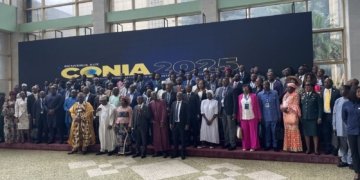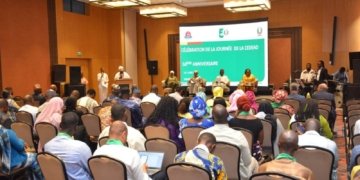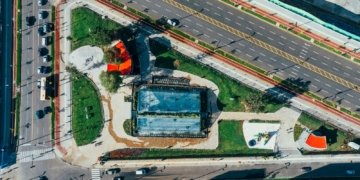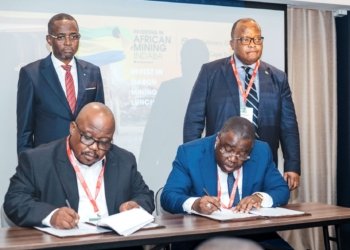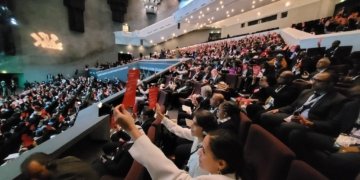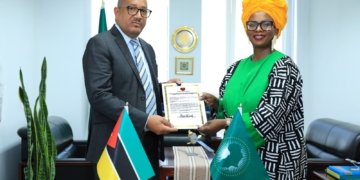Kigali, Rwanda (BG) – Artificial Intelligence (AI) is not merely reshaping the world; it is revolutionizing it, declared UN Secretary-General António Guterres during a landmark address to the United Nations Security Council on Friday.
Highlighting the promise and peril of AI, the Secretary-General called for urgent, collective global action to ensure the technology benefits humanity while safeguarding against its risks.
“Tasks that required years of human expertise are now completed in a heartbeat,” said Guterres. “But the risks are equally huge. This rapid growth is outpacing our ability to govern it – raising fundamental questions about accountability, equality, safety, and security.”
The speech underscored AI’s transformative potential across healthcare, food security, banking, education, climate change and many others while warning of significant peace, security, and ethical governance challenges.
AI: A Double-Edged Sword
The Secretary-General emphasized that AI is already driving innovations in conflict zones, from detecting landmines to predicting displacement patterns caused by climate change.
However, he cautioned that the same technology has troubling applications in military domains, including autonomous weapons and AI-enabled cyberattacks that could destabilize nations.
“Most critically, AI is eroding the fundamental principle of human control over the use of force,” Guterres warned.
“The integration of AI with nuclear weapons is particularly alarming, with potentially disastrous consequences.”
Guterres stressed the importance of human oversight in all AI applications, stating, “The fate of humanity must never be left to the ‘black box’ of an algorithm.”
Global Cooperation is Key
The Secretary-General highlighted the United Nations’ efforts to address AI’s risks and opportunities.
The recently adopted Global Digital Compact, unveiled during the Summit of the Future, is a foundational framework for international AI governance.
The Compact commits to establishing an Independent International Scientific Panel on AI, initiating a Global Dialogue on AI governance, and providing innovative financing to ensure equitable access to AI technologies.
“A world of AI haves and have-nots would be a world of perpetual instability. We must never allow AI to stand for ‘Advancing Inequality,’” Guterres said.
Harnessing AI for Developing Nations
In his remarks, Guterres highlighted the importance of ensuring developing nations can access and benefit from AI advancements.
For regions like Africa, AI offers the transformative potential to accelerate education, agriculture, healthcare, and infrastructure development.
For instance, African countries could deploy AI to monitor crop yields, predict droughts, or optimize logistics in humanitarian responses.
HealthTech applications, such as AI-driven diagnostics, could significantly reduce the burden on overstretched healthcare systems.
However, for such benefits to materialize, Guterres urged targeted capacity-building initiatives, technical support, and equitable financing models to prevent the digital divide from widening.
“Only by preventing the emergence of fragmented AI spheres can we build a world where technology serves all humanity,” Guterres concluded. “I urge you all to join forces to build a safe, secure and inclusive AI future.”
The UN’s call for collective governance underscores the critical juncture at which global stakeholders find themselves.
As nations explore the potential of AI, Guterres’ speech serves as both a roadmap and a rallying cry for responsible innovation that leaves no one behind.

